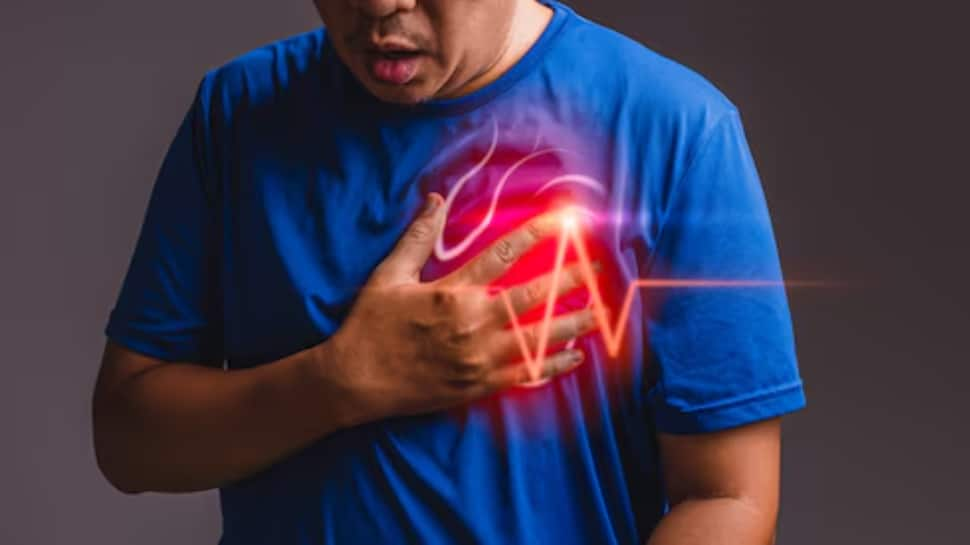Heart attacks are one of the leading causes of death worldwide, often striking without warning. Many people ignore the early symptoms, mistaking them for minor issues like indigestion, fatigue, or stress. Recognising these warning signs early can save lives and prevent severe complications.
Here are the key warning signs of a heart attack that you should never ignore:-
1. Chest Pain or Discomfort
The most common sign of a heart attack is discomfort in the chest. It may feel like pressure, squeezing, heaviness, or burning. This pain may last a few minutes or come and go.
Why it matters: Ignoring chest pain is dangerous, as it indicates restricted blood flow to the heart. Immediate medical attention is required.
2. Pain Spreading to Other Areas
Heart attack pain isn’t limited to the chest—it can spread to the shoulders, arms (especially the left arm), neck, jaw, or back.
Why it matters: Many people mistake this for muscle pain, but radiating pain is a critical warning sign of heart trouble.
(Also Read: 9 Fascinating And Fun Facts About Indian Railways That Will Leave You Surprised)
3. Shortness of Breath
Feeling breathless after minimal activity—or even while resting—can signal a heart attack. This often happens along with chest discomfort but can also occur on its own.
Why it matters: Shortness of breath indicates the heart isn’t pumping enough oxygen-rich blood to the body.
4. Cold Sweats
Sudden sweating without exertion is another red flag. If you find yourself breaking into a cold sweat along with dizziness or nausea, it could be linked to heart distress.
Why it matters: Cold sweats often signal shock, which may occur during a heart attack.
5. Nausea, Indigestion, or Lightheadedness
Many people—especially women—may experience nausea, indigestion, or dizziness during a heart attack. These symptoms are often overlooked as stomach issues.
Why it matters: Unexplained nausea or faintness combined with chest discomfort should never be ignored.
6. Fatigue and Weakness
Unusual, persistent fatigue without a clear reason may be an early symptom of a heart attack. Women, in particular, may experience extreme tiredness in the days or weeks leading up to an attack.
Why it matters: Fatigue is the body’s way of signaling that the heart is under strain.
What to Do If You Notice These Signs
Call emergency medical services immediately.
Chew an aspirin (if not allergic), as it may help thin the blood.
Stay calm, sit or lie down, and avoid exertion until help arrives.
A heart attack rarely strikes without warning. Paying attention to early symptoms—chest discomfort, radiating pain, shortness of breath, sweating, nausea, and fatigue—can save your life. Don’t ignore these red flags. Seek medical attention immediately if you or someone around you shows these signs. Timely action is the key to survival.
(This article is meant for informational purposes only and must not be considered a substitute for advice provided by qualified medical professionals.)

